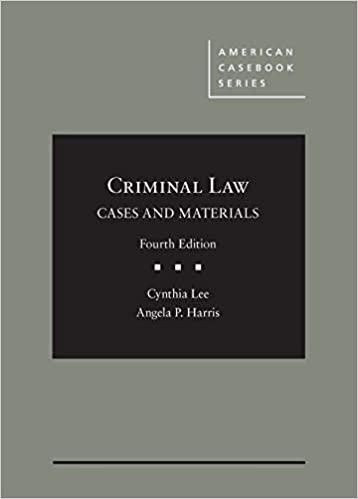Emlgsarsgt Cummins v. BIC USA, Inc. The minor victim, referred to simply as 'CAP," sustained serious burns when he was 3 years old. CAP had lust returned to his mother's home after an overnight visit with his father, Thor Polley. CAP found a cigarette lighter on the oor of his father's truck, and he took the lighter with him when he returned to his mother's home. After arriving to his mother's home, CAP lit the lighter, and his shirt caught on re. and he was burned from the waist up. CAP was taken to the hospital, where he received treatment for second' and third-degree burns to his face and chest and underwent several skin graft surgeries. A black BIC cigarette lighter was found at the scene of the fire and delivered to Police Chief John Brady. The lighter was admitted into evidence at trial, where Chief Brady testified that the lighter was worn and that the legally required child safety guard had been removed from the lighter before it was taken into evidence. CAP's father, Thor, acknowledged that he usually bought BIC lighters and customarily removed the child safety guards from his lighters to make them easier to use. The conservator for CAP sued BIC USA, Inc., the manufacturer of the lighter, to recover damages for the injuries suffered by CAP. BIC defended, alleging that the BIC lighter was not defective, and that a supervening event, namely, that someone had removed the child safety guard from the lighter, was the cause of CAP's injuries. In closing arguments to the jury, BlC's lawyer Edward H. Stopher made the following remarks: "Thor Polley made an intentional adult choice to disable that lighter. And by his testimony, he disabled it because he said it made it easier to light. It is undisputed that no one can make a foolproof lighter. No one, based on the evidence that we have heard, can make a Thor- proof lighter." Was the lighter defective, or was there a supervening event that discharged the * claim of liability against BIC? Your answer Did BIC act ethically in denying liability? Explain your answer * Your answer Did the plaintiff act ethically by suing BIC? Explain your answer * Your







